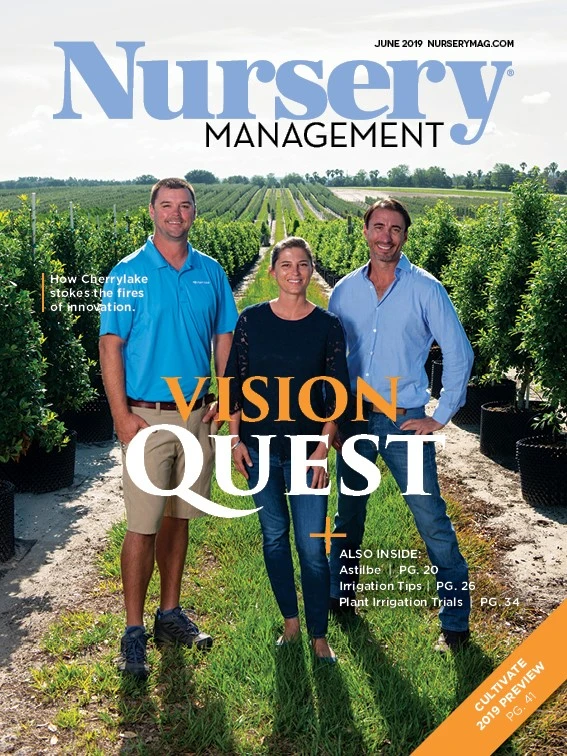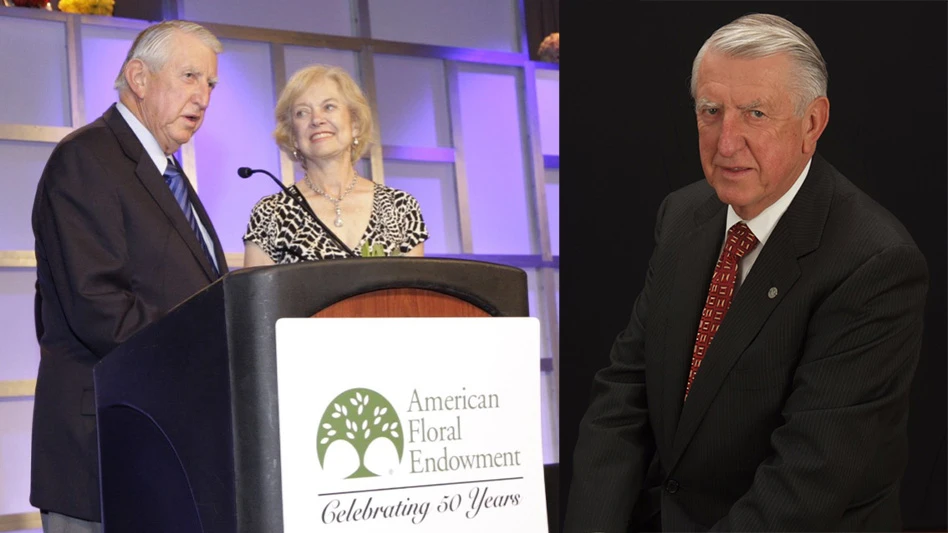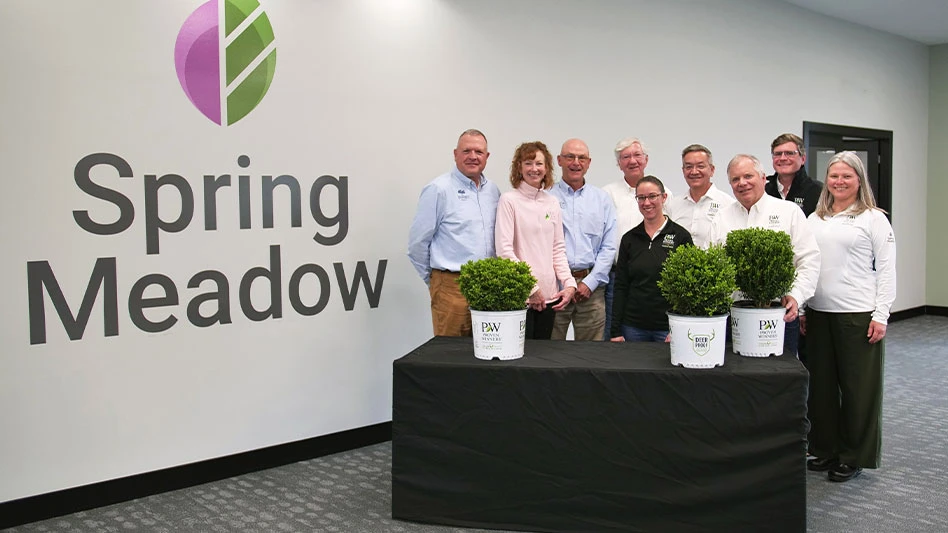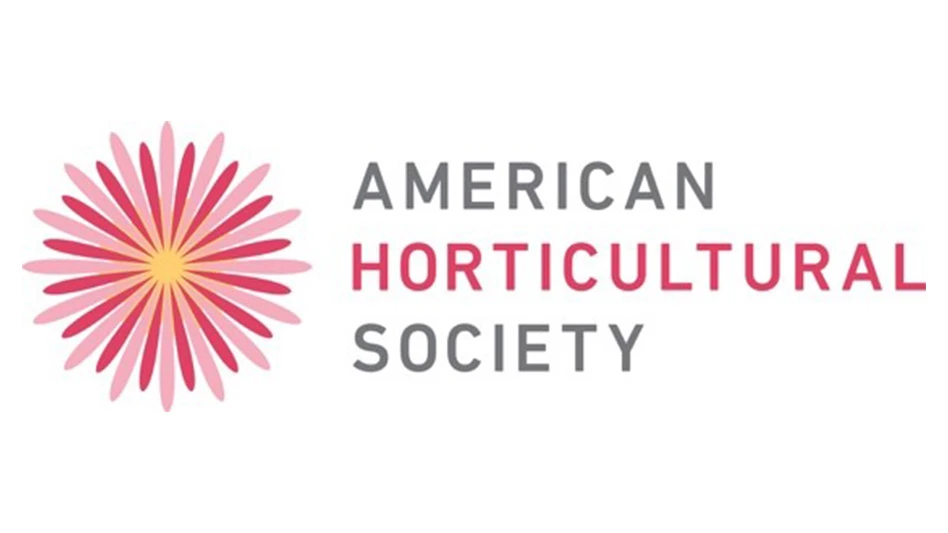Q: Please provide a short history of the Chicago Botanic Garden trial program.
A: The trials have been in existence since 1982. They’ve always been a comparative trial, so they were always collecting as many plants within a specific plant group that they could, that were commercially available. Then, they were grown outside in an all-outdoor trial. When perennials became big in the late ‘80s, early ‘90s and hit the big market, that’s when our program became primarily perennials and less woody plants. It’s always been a program to recommend the best perennials specifically for our region, but also any region with a similar environment.
Q: How do you choose which perennials to trial?
A: The selection process varies and there’s a couple of reasons why we choose specific plants. A lot of them are just plants that are very popular and of common knowledge to the average homeowner and gardener – phlox, salvia, coneflowers – flowers that the average person have seen before and will recognize. Plant groups that nobody knows about has also become a big choice for us. Everything we do has to fit into our cultural and environmental characteristics which right now, is full sun, so we’re not looking at shade plants at all. Sometimes a trial is determined by a disease issue. When we did phlox, it was primarily to find ones that were resistant to powdery mildew.
Q: In what conditions are the plants trialed?
A: Our trial garden right now is full sun and clay loam. Our pH is about 7.4 and it’s a fully exposed site, which means there’s no microclimates in our garden. The plants are planted in those conditions and everything gets the same environment.
Q: How can growers get the trial results?
A: Our results are all available on our website. There are all of the official reports we’ve written and published in Plant Evaluation Notes, which is our publication. Everything is available on our website for downloading and viewing. I also write trial report articles for Fine Gardening magazine, which average two to three a year and are also available on our website.
Q: How can the horticulture industry market a plant’s trial results to the end consumer?
A: I hope people are seeing our results and using them for what they are selling. I hope they’re informing their clients that certain flowers have done well at the Chicago Botanic Garden if they have a similar cultural environment and can also work well for them. I hope our recommendations are being recommended in kind by the green industry to the end client overall.
Want To Go?
“Proven Perennials: Trial Update from Chicago Botanic Garden”
Sunday, July 14, 9:30-10:30 a.m., Union Station Ballroom A

Since 1986, Richard Hawke has been the Plant Evaluation Manager at the Chicago Botanic Garden. He earned a horticulture degree from the University of Wisconsin-Madison and is the current instructor for the School of Chicago Botanic Garden. In 2005, Hawke received the Perennial Plant Association’s Academic Award for teaching excellence and the Award for Program Excellence from the American Public Garden Association in 2008. As the author of Plant Evaluation Notes and contributing author and editor for Fine Gardening, Hawke aims to share his knowledge and research to horticulture professionals and gardeners, much like he will in the Proven Perennials workshop.

Explore the June 2019 Issue
Check out more from this issue and find your next story to read.
Latest from Nursery Management
- The HC Companies, Classic Home & Garden merge as Growscape
- Terra Nova releases new echinacea variety, 'Fringe Festival'
- Eason Horticultural Resources will now officially be known as EHR
- BioWorks receives EPA approval for new biological insecticide for thrips, aphids, whiteflies
- Ellen Mackenbach-Lakeman appointed new CEO of Dümmen Orange
- The Growth Industry Episode 3: Across the Pond with Neville Stein
- Southern Garden Tour sets 2025 dates for trial garden open houses
- New book explores plants that thrive in Rocky Mountains




